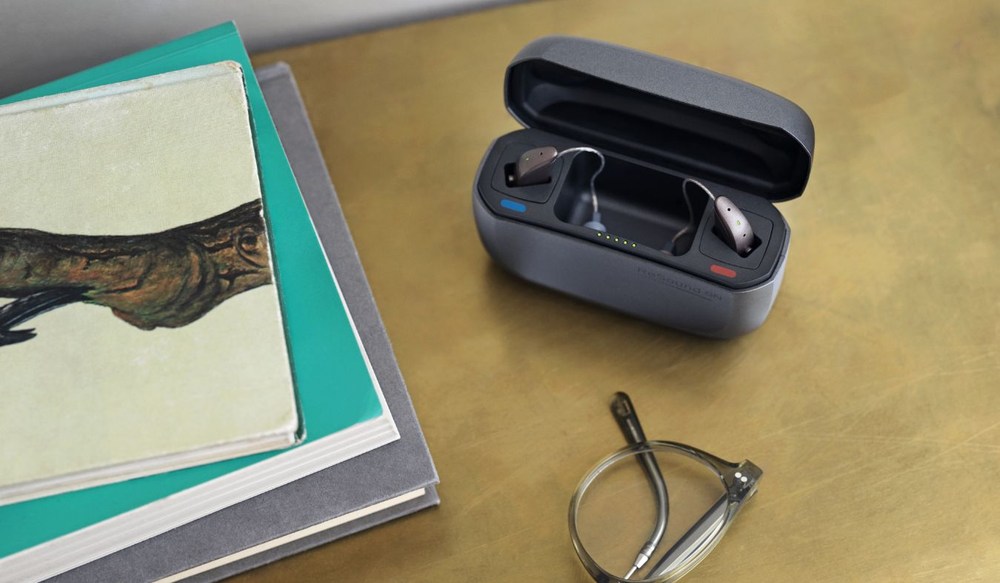Hearing Aids for Musicians: Specialized Features
For musicians with hearing loss, choosing the right hearing aids can be
Learn about Lenire®, a groundbreaking tinnitus relief device. Click Here→


For musicians with hearing loss, choosing the right hearing aids can be

When was the last time you had your hearing checked? If you’re like

Most people schedule hearing tests when they’re having trouble